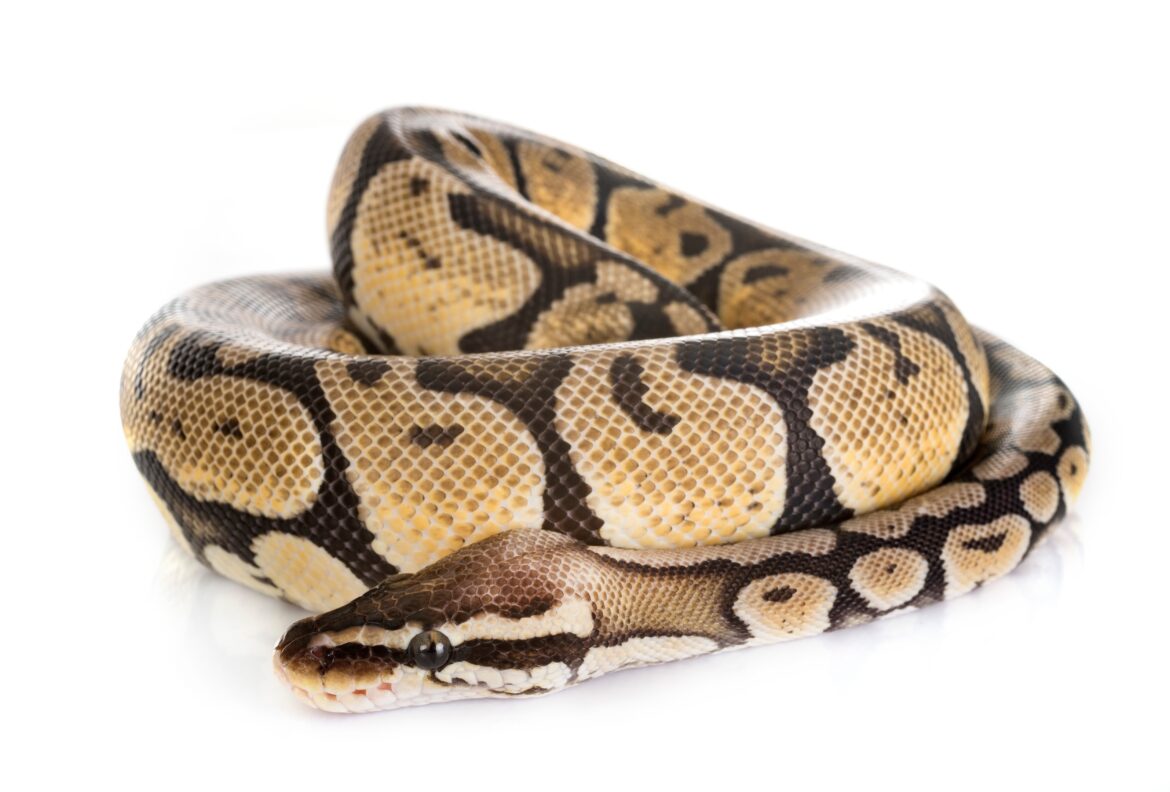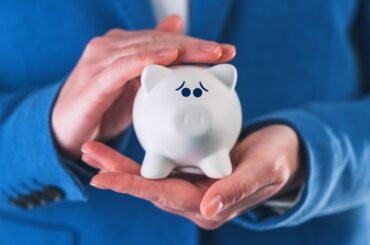There is a colossal ‘pig in the python’ at the moment as the UK is experiencing its highest rate of inflation in 30 years.
The Office for National Statistics has announced that rates rose to seven per cent in March, leaving households faced with increased prices for food, fuel, energy bills – pretty much everything.
Unfortunately, wages and benefits are certainly not keeping pace, meaning real cuts to incomes.
The ungainly ‘snake’ that is the economy will eventually digest its unwelcome meal and things can go into reverse, for example when oil and energy prices retreat from the current highs. This would be hoped to act as a positive on prices and detract from inflationary increases.
However, a possible reason that doesn’t happen is because everything else is being increased in reaction to the increases in underlying input prices (or increased in anticipation of increases in input prices rather than increases after prices have risen!)
This is the recipe for ‘stagflation’ – persistent high inflation combined with high unemployment and stagnant demand in the economy.
Our advice while Mr Snake finishes his meal is to carefully look at your budgets and consider where you might save money.
Plus, and this is the big one, if you have too much cash at the bank or in savings and not ‘investments’, if inflation hits eight per cent per annum, then you are effectively paying an eight per cent wealth tax on your capital, as that is what it will be worth at the end of the year.
In short, you are getting 92p for the Pound– it’s as simple as that and you ought to do something about that.
It has all been brought about by a global consumer base, cooped-up and unable to spend bulging savings and with trillions pumped in to counter the Pandemic economic reaction, a sure recipe for hyper-inflation.
Add-in supply chain disruption and then a war, with tight employment markets and an over-zealous ‘greening’ (how quickly the world can change) and it means inflationary increases haven’t finished yet.
This massive and necessary global change (Climate Change reaction) adds colossal costs, regulation, politicisation, pariah-status treatment for ‘bad’ industries and exacerbates disruption to the supply chain of the very commodities required to achieve climate saving goals.
This is before realising ‘we’ have forced fossil fuel companies to dump dirty subsidiaries to unfriendly nations (Russia and China among them) and are now reaping the results of our vulnerability.
It has been suggested it is similar to 1946-8, though of course WW2 was far, far worse than Covid. The good news is that ‘supply and demand’ did settle, as the markets reacted, yet US inflation rose from 3.1 to 20.1 per cent in March 1947.





